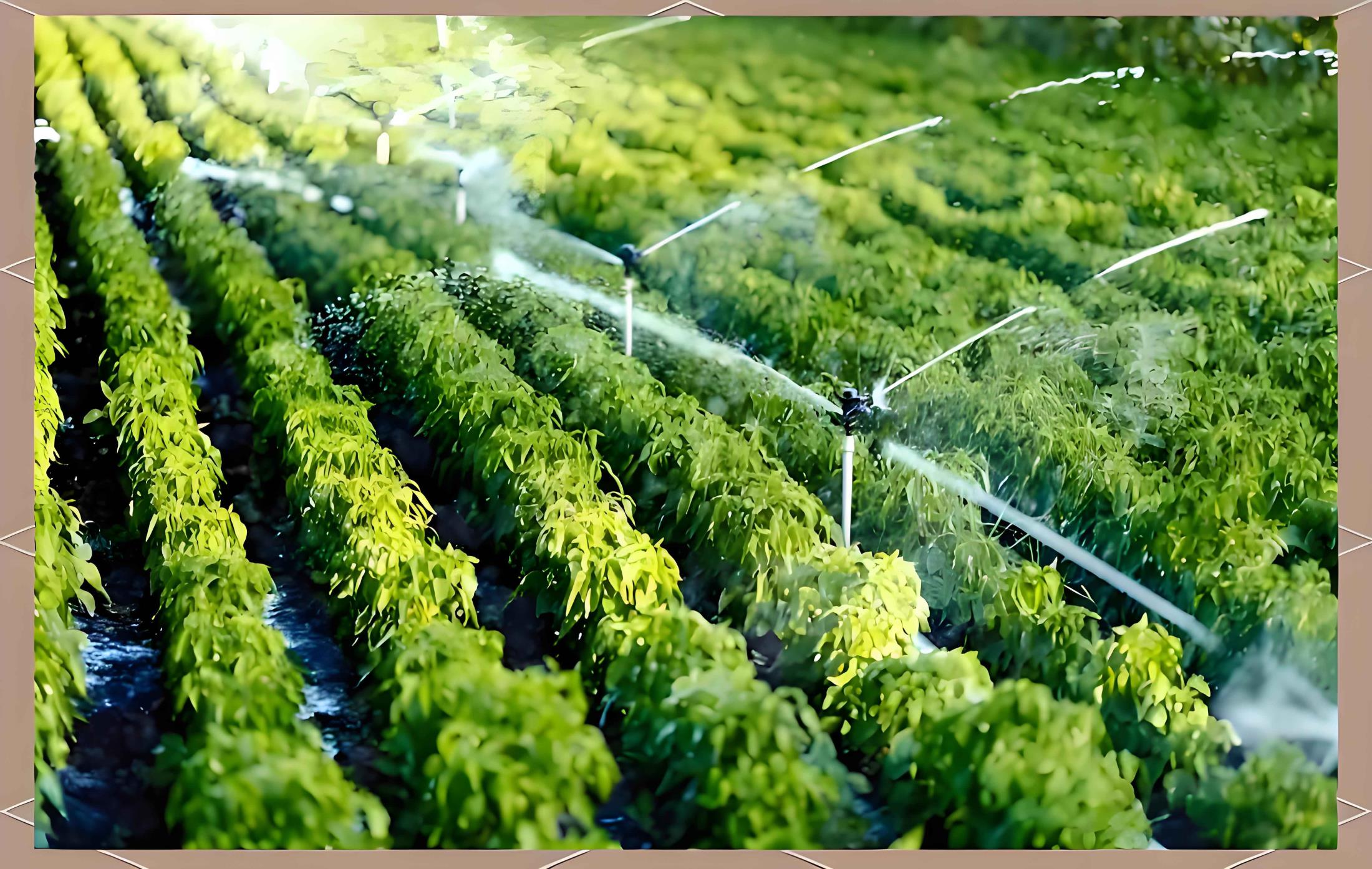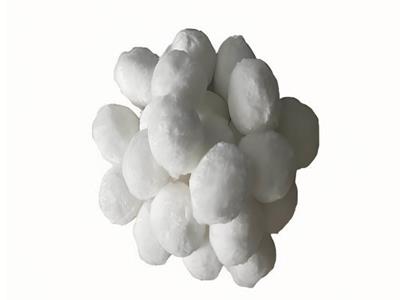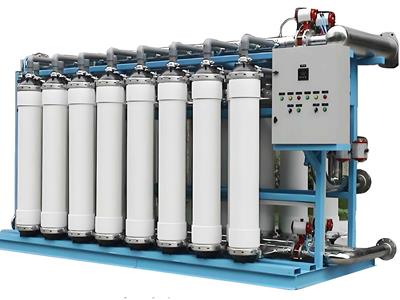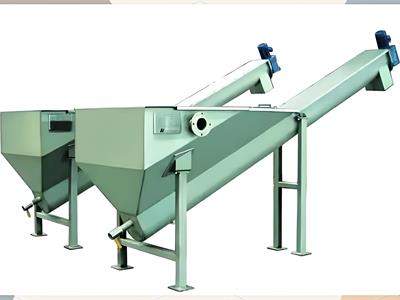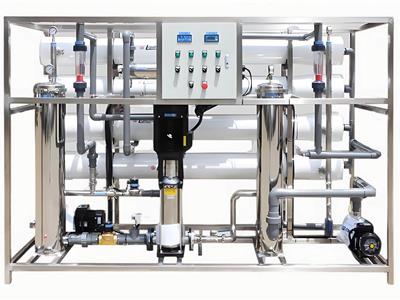- 2025-07-16
Agriculture
Agriculture
The importance of water to agriculture cannot be overstated, as it is this energy-intensive resource that drives food growth. Water is used not only to grow crops, but also to feed livestock for meat production. There is a direct correlation between the amount of water used in agriculture and crop yields.
The goal of increasing yields while reducing water consumption is made more challenging by the huge subsidies and efficiency issues in the agricultural sector. Agriculture remains the largest consumer of water, and the reality of dwindling water resources remains largely ignored by the world. Therefore, our focus on developing high-quality water treatment systems to obtain large amounts of fresh water from inhospitable locations such as oceans, rivers, lakes, and wells has made great progress in alleviating pressure on many industries, especially agriculture.
Our water treatment technologies for the agricultural market include:
Reverse Osmosis Systems
Seawater Reverse Osmosis Systems
Ultrafiltration Systems
Nanofiltration Systems
Industrial Filtration Systems
The largest use of fresh water in most countries is irrigation. Much of this fresh water comes from groundwater, which is in limited supply. Every year, aquifers are depleted or polluted, making fresh water resources for irrigation increasingly scarce. Farms around the world have begun to adopt alternative methods to save water and protect this precious natural resource. It is no secret that reverse osmosis water treatment systems are used in greenhouses or aquaculture farms to grow the latest plants. The vast majority of professional growers have relied on these commercial agricultural water filters for the past few decades. We will list the benefits of this technology to highlight its impact around the world:
Environmental protection
Compliance with regulations
Consistent water production
Conservation/sustainability
Cheaper water prices
Sustainability of water and sanitation
Disinfection and cleaning
Supplier consistency and preservation
Tailored solutions
Clean water for workers
Pure drinking water for workers
Irrigation membranes and ultrafiltration
The requirements for agricultural water filtration required for irrigation are far less stringent due to the natural filtering ability of plants and vegetables. Therefore, irrigation has a larger resource to use than the scarce groundwater resources. Irrigation mainly relies on the reuse of gray water and treated sewage (TSE). These practices produce wastewater that is considered a poor source of drinking water, but once reverse osmosis systems are implemented, it is perfectly suitable for irrigation and agriculture. Many farms only adopt these effective water use strategies and stop using groundwater aquifers altogether.
Almost all natural water bodies contain some form of contaminants from the surrounding rocks and soils that make up the earth's crust. Both irrigation drainage and sewage discharge can affect water quality. Typically, salinity is a major concern for the irrigation industry, as salt can damage soil and crop growth. However, other contaminants such as boron have similar negative effects and are equally detrimental to the irrigation industry. Excessive levels of boron can have toxic effects that can harm soil and crop yields overall. These high concentrations of boron can occur naturally in groundwater and seawater, or they can be a result of water contamination.
The following systems can effectively supplement applications in hydroponics, commercial farms, greenhouses, and the pharmaceutical industry. These systems also address bacterial and viral issues and reduce levels of chlorides, sulfates, sodium, nitrates, arsenic, and total dissolved solids (TDS).
Industrial/Commercial Reverse Osmosis System Features:
Purifies water, removes 97% of TDS
Removes 99% of contaminants
Reduces:
Hardness
Nitrates
Sulfates
Sodium chlorides
Heavy metals
Applications associated with this system are:
Agriculture, hydroponics, aquaculture, greenhouses, and livestock drinking water.
Industrial/Commercial Nanofiltration System Features:
Reduces operating costs
Saves energy
Softens water (solves hardness issues)
Removes bacteria from water
Reduces:
Total dissolved solids (TDS)
Color + turbidity
Nitrates
Sulfates
Chlorine/fluoride
Pesticides + herbicides + insecticides
Sodium + chlorides
Applications that can directly benefit from this system include:
Hydroponics, aquaculture, agriculture, greenhouses and livestock drinking water.
Industrial/Commercial Media Filtration (Iron Removal from Water) Features:
Well Water Treatment
Embedded backwash cycle
Available manual controls
Reduces:
Iron
Manganese
Hydrogen sulfide + sulfur odors
Sedimentation
Customized Purification Systems
FupengWater has produced hundreds of water filtration systems for poultry farming, purifying millions of gallons of water per day. Our systems are capable of handling any type of contamination or fouling and are happy to customize a system to your specific production and purification requirements.

